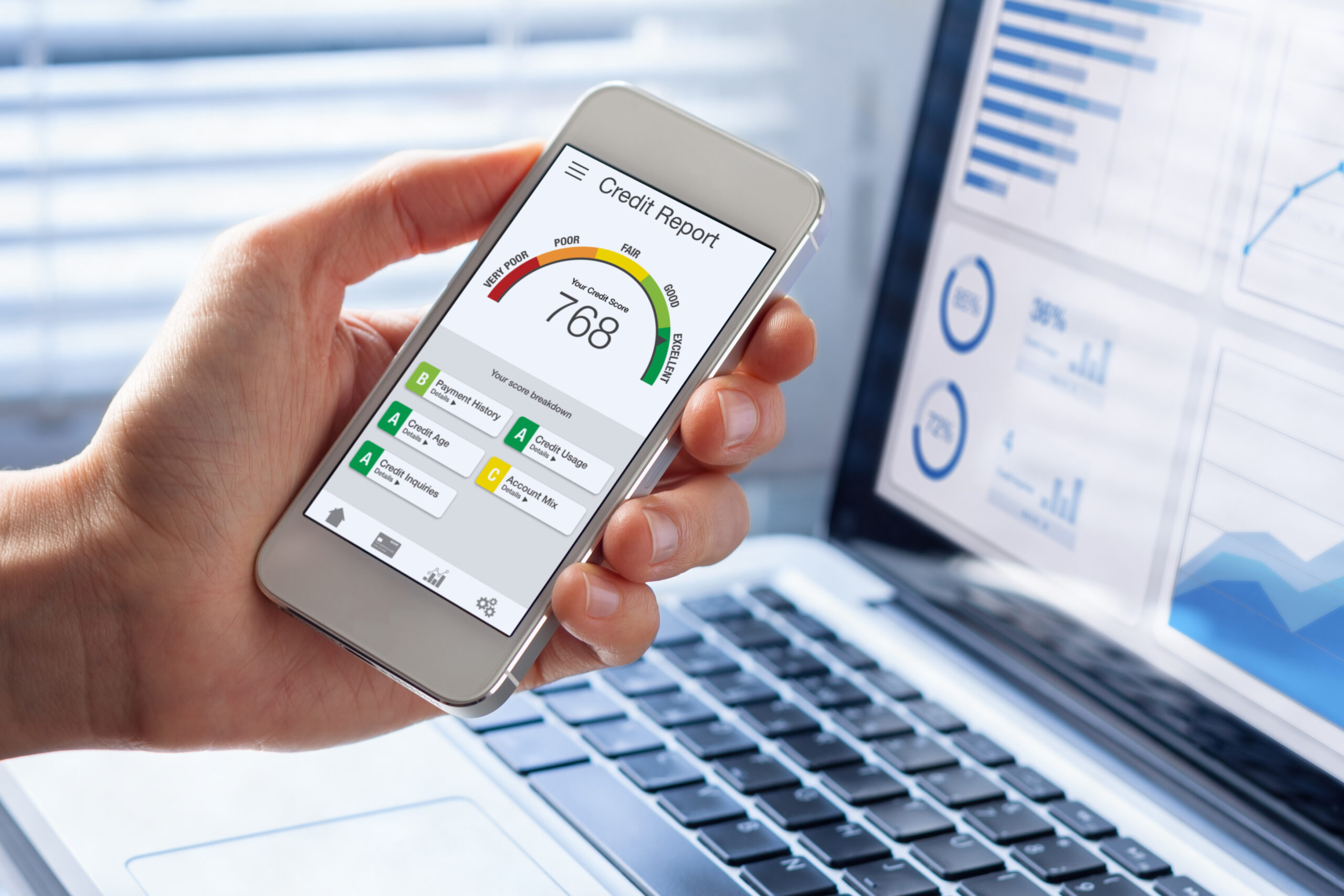Life often takes unprepared individuals by surprise. While there are pleasant revelations, at times, some of these come in the form of emergencies, which pressure you physically, mentally, and emotionally.
These types of urgent situations, such as hospitalizations and other personal crises, also entail financial strains. There are unexpected expenses that you have to cover and, often, you don’t have enough money in your savings to pay off the entire cost all at once.
Fortunately, there are companies that offer online loans, which are specifically created for such situations. These providers often make the application process straightforward and accessible for clients who need cash urgently.
If you’re thinking about taking out an online loan, here are the factors that you should consider:
- Your Financial Situation
Before you apply for a loan, you must first go through your personal finances thoroughly. Doing this would allow you to spot possible avenues to fork out some cash for the emergency. Who knows, you may no longer need to borrow money from the bank or online lenders, or, at the very least, reduce the amount that you have to loan.
Borrowing from banks and other lenders can help you pay for unanticipated medical bills and home repairs. You can even use the amount obtained to cover small filmmaking expenses if you don’t have enough capital yet.
Nonetheless, you still have to remember that you’ll be applying for debt, which can negatively affect your credit rating. It’s wise to know where you stand financially to ensure that taking out a loan is the best possible solution for now.
These are the steps to evaluating your financial situation:
- Check Your Net Worth – Your net worth provides an overview of the status of your finances. You can come up with this factor by adding all your assets and deducting your liabilities from the former amount.
- Calculate Your Debt-To-Income Ratio – Next, compute the total amount of your current outstanding debts and divide it according to your monthly gross income. The ideal percentage is 30% or lower, so if you end up with a higher figure, it’s time to tighten your belt and find solutions.
- Assess Your Housing Expenditures – If you’re renting, you might want to consider moving to a home or apartment that will allow you to free up some money in your budget, which you can direct to repaying your debts.
- Identify Each Expense – It may often feel as if you don’t have enough money each month as you struggle to live paycheck-to-paycheck. You should know where your income is being spent and make adjustments accordingly.
- Review Your Investments – Your investments must align with your financial goals. You should also check whether you’re getting the returns that you expected when you placed money into the assets that you have now. If not, then it may be high time to reassess your investing strategies.
- Legal Regulations
Any financial product is regulated by the government to ensure the protection of consumers. As a customer, it’s your responsibility to be aware of your rights to get the best deal for your situation.
In Canada, you can borrow up to CAD$1,500 in online loans, particularly payday loans. You have up to 62 days to pay the lender back in these states: Alberta, British Columbia (BC), Manitoba, New Brunswick, and Ontario.
You must remember that you’ll be facing more fees and interest charges if you’re unable to pay your debt back on time. In extreme cases, the lender may sue you to claim their due.
Most provinces have passed legislation to prevent online lenders from charging hefty interest rates and fees. Quebec, Newfoundland, and Labrador are some of the remaining places that don’t have specific laws for payday loans. If you reside in these areas, you should take extra precautions when borrowing money online.
Lenders are required to have a business license from the provincial government that they’re operating in. They must also be transparent about your loan information and provide details about your loan period and accompanying fees.
Other major laws concerning online loans that you ought to know are:
- Interest Rate Limit – The interest rate that lenders charge should be 23% or below. Some provinces usually impose 21% for every CAD$100 that you borrow.
- Contract Cancellation – You should also be aware that you can cancel your contract within two business days. The lender isn’t allowed to charge additional fees if you push through with the cancellation within this period.
- Additional Products – A payday loan lender cannot sell other financial products to you other than payday loans.
- Rollovers – Rollover is the process of paying a fee to renew your loan if you cannot afford to pay it off. Most Canadian provinces, such as Alberta, BC, New Brunswick, Nova Scotia, Ontario, and Saskatchewan, ban rollovers. This means that you can’t borrow more money from the same lender if you haven’t settled your current debt.
- Application Process
Online loans have a more straightforward and convenient application process. Typically, clients can visit the lender’s website or download their app. In the platform, you’ll be asked to sign up and disclose a few personal details, like your occupation and monthly income.
Afterward, you’ll have to decide the amount that you want to borrow and wait for the lender to approve your request. The turnaround time usually takes just a few hours, making it ideal for emergencies where you need cash immediately.
Lenders will also ask for a few requirements from you, including proof of income. You may also need to disclose your permanent address and bank account details for the disbursement of funds.
You may also be required to fill out a form that authorizes the lender to withdraw the loan amount, including the accompanying fees, directly from your bank account. However, this practice is illegal in Alberta, BC, Manitoba, New Brunswick, Nova Scotia, Ontario, and Saskatchewan.
Another possibility is that you must provide a post-dated check for the total amount that you owe the company. This is to ensure that you repay your debt.

- APR And Other Fees
The annual percentage rate (APR) is the annual interest rate that’s charged to borrowers. This already encompasses the total cost of borrowing the money from the lender, but it doesn’t include compounding.
It’s calculated by adding the fees and interest rate, and dividing it over the principal amount. That figure is, then, divided by the number of days in the loan term, which is multiplied by 365. Lastly, it’s multiplied by 100 to get the answer in percentage form.
Another fee that you should be aware of is the processing fee, which is the amount that the lender charges you for your loan application. While this often only entails a minimal fee, it can add to the overall cost of your credit. As stated earlier, you may also be charged with overdraft fees if you’re unable to repay the total amount of money that you owe to the lender.
- Fund Disbursement Methods
Online loans are all about convenience, which means that you won’t have a difficult time collecting the funds. Most lenders can send the amount directly to your bank account. You can also opt to get the money in cash or check form, but you’ll have to visit the lender’s office in person.
Tips For Better Financial Management
After taking out a loan, here are ways to help you manage your finances better:
- Be Mindful of Your Cash Flow
You should know how much money is coming in and where they’re going. Your salary is relatively fixed, so you should keep track of your expenses to see where your income is being allocated.
- Avoid Impulse Purchases
Most people incur debt due to impulse purchases. While you may argue that you must have that particular item, you should give yourself time to save up for it if it isn’t an urgent need. Prioritize paying in cash as well so that you don’t add to your credit card debt.
- Create An Emergency Fund
Loans are valuable during times of emergencies, but, again, remember that you’ll still be incurring debt. To avoid this financial issue, you can set aside money in your monthly budget for emergencies. Build up your fund slowly to ensure that you have cash to spare during urgent situations.
- Learn How To Budget Effectively
Budgeting is all about knowing your priorities. When creating your monthly budget, you should start by allocating your income toward necessities, like food and utilities. Make room for your savings and emergency funds, too. You might also want to give yourself an allowance, which you can spend on anything you want as long as you stay within limits.
- Repay Your Debts As Soon As Possible
You should also channel money into repaying your debts as soon as possible. Completing the payments allows you to free up space in your monthly budget. Moreover, it also boosts your credit rating.
Conclusion
Online loans are valuable during emergencies because the application process is relatively straightforward. However, you should check your financial standing before borrowing money to avoid being in debt. Also, make sure that you know your rights as a debtor for your protection.

